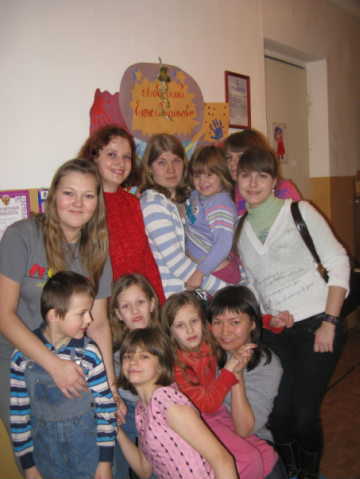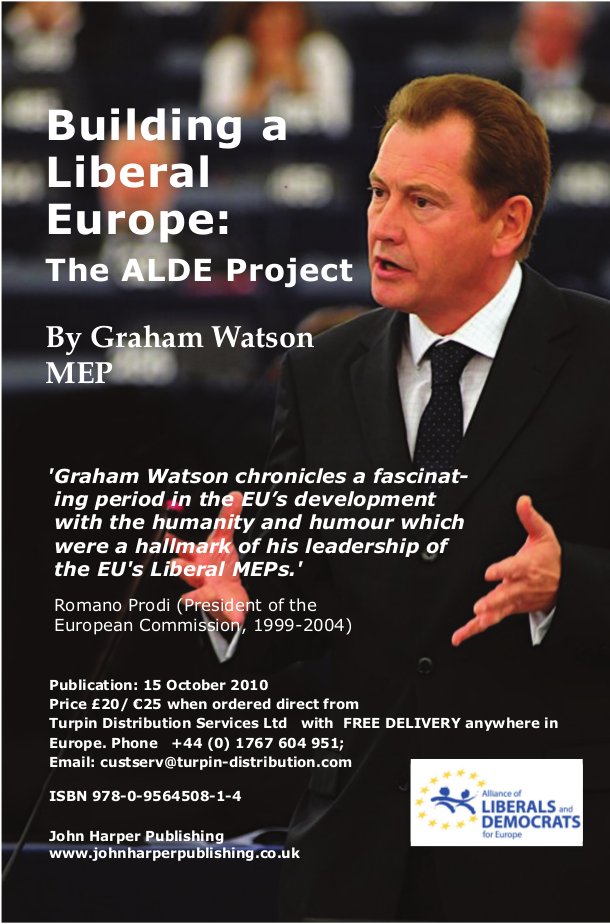Preparations
Grigory Yavlinsky web-site, 17.10. 2016
The Russian society has been steadily taught to get accustomed to the idea of proximity and inevitability of a new war. Preparation for the war has been boosted at all levels in the past days.
In the context of the present Russian foreign and domestic policies and the developments taking place since 2012, the probability of a major war is not very high, but for the first time in half a century the threat of a war is perceived as real. Thus, a quite alien [for Russia] war in Syria, for example, may turn into a direct military clash between Russia and the United States. Russia is deliberately moving towards this conflict.
WE MUST SCARE ALL
Objectively, there has been no direct external military threat to Russia for many decades. There are, or course, potential threats, as in other countries, and therefore, the powder should be kept dry, – obviously, Russia needs modern and efficient armed forces. However, this has nothing to do with the unleashed propaganda and psychological preparation of the population for a war.
The military hysteria has subjective reasons under it. The Russian government aims to make European countries once again divide the world into zones of influence and recognise an authoritarian semi-criminal corporate system with unchanging government be their equal partner. In addition, the Kremlin does not hide its desire to limit the sovereignty of the former Soviet republics. No one in the world is willing to accept this. Therefore, Russia threatens [the world] with a war.
Putting it quite simply, Vladimir Putin’s view of the present world order is approximately as follows:
– honesty in politics is just what he and [Russian Foreign Minister] Lavrov are saying;
– Ukrainians who think differently than in the Kremlin are the Nazis. International treaties and laws are just pieces of paper, and not all of them, but only those that Russia likes in the moment, should be fulfilled;
– Donbass means a “people’s war of liberation”, rather than a bloody operation arranged by Moscow so that to press the Ukrainian government;
– someone like Glazyev or like Yanukovych should be the head in Kiev instead of “Poroshenko’s junta”;
– Europeans should significantly reduce the degree of involvement in their allied relations with the United States, and to conduct “independent” policies, i.e., the policies that will appeal to Russia;
– the post-Soviet area should be the zone of Russian interests forever, and only what Russia wants may take place there;
– Americans should immediately understand that Russia is a center of power, like they are, because it has nuclear weapons too. Therefore, everything should be discussed with Russia on equal footing;
– as the world does not understand this, Russia is ready to fight, and it is going to scare everyone with war, Russia’s own population above all, so that the “mean” Europeans would realise that it is not a joke. The state of emergency is very beneficial.
ASSOCIATIONS WITH A WAR
In order to maintain the tension in the society, the Russian authorities have to continuously feed the public imagination associations with a war. Here comes the example of a strange news item in the federal mass media on the formation of grain reserves in St. Petersburg, or the news about resubordination, in the event of war, of governors, police, the Emergency Situations Ministry, the Federal Security Service and even the National Guard to the Ministry of Defense, or the stories about how the authorities enthusiastically carry out nation-wide civil defense exercises, check underground bomb shelters in Moscow, happily reporting [to the public] that the shelters will be able to accommodate all (!) the population of the metropolis.
[The siege of] Leningrad [in the World War II and huger there], bread ration, bomb shelters, “all for the army, all for the victory” in case of war… It is clear how such word combinations influence people’s minds. Every family at once recollects that terrible war [when every Soviet family lost its members in the war]. Now a future war becomes close and even virtually tangible. All this is fertilised by a Sunday television propaganda “sermon”: an odious anchor directly links civil defense exercises with the prospect of a war with the United States.
AJUST TO IT!
They are telling people: it won’t be better. However, no one is going to change anything. It can not be done now: we are experiencing hard times and a war is about to break any moment. Therefore, be grateful that we are living at least like this now. After all, in summer before the [September parliamentary] elections they taught people to get used to the idea that there was no money. And in the elections they got the result, about which Vladimir Putin noted that it was surprising that people lived worse but nonetheless voted for the [ruling] United Russia party.
Now, people are taught to get used to the fact that the country may transfer to military emergency any time. This is, apparently, a new tactics of work with population keeping in mind the presidential elections [of 2018] – [they prefer to] present people with a fait accompli rather than buy their loyalty (as they do not have means for it): that is how it is, indeed, there is no other way for the situation to improve, get adjusted to it. We are not going to change anything!
In Soviet schools and universities students were taught in the civil defense classes how to behave in the event of a nuclear war, and a sad joke about it was popular then. Instructions of the textbooks that “at the outbreak of a nuclear explosion one must quickly lie down on the ground feet towards the explosion, face down and eyes closed”, students usually supplemented with a recommendation to “cover oneself with a white sheet, and crawl slowly to the cemetery…” The reply to the question “why slowly” was “so that to avoid creating crowds and jams”.
However, in the late Soviet period, this joke provoked only smiles. I, for example, never met a person during those years, who believed that such skills might come in handy someday. No one wanted a war and no one believed that it could take place. The society aspired absolutely different future, very different from the archaic style of civil defense study rooms.
Now, many people believe in it. They think about a war and seriously speak about it. The algorithm of actions in case of an “explosion” is brought back thirty years later and is firmly imposed on the society by the state and is perceived not as something archaic but as post-modern, surrealist, albeit possible prospects. Now an old anecdote about “crawling to the cemetery” stops being a fun joke in the society pursuing “the way which does not exist”.
Source:
http://www.yavlinsky.ru/news/rossia/podgotovka
Posted: October 18th, 2016 under Foreign policy, Russia-Eu relations, Russia-US Relations.










